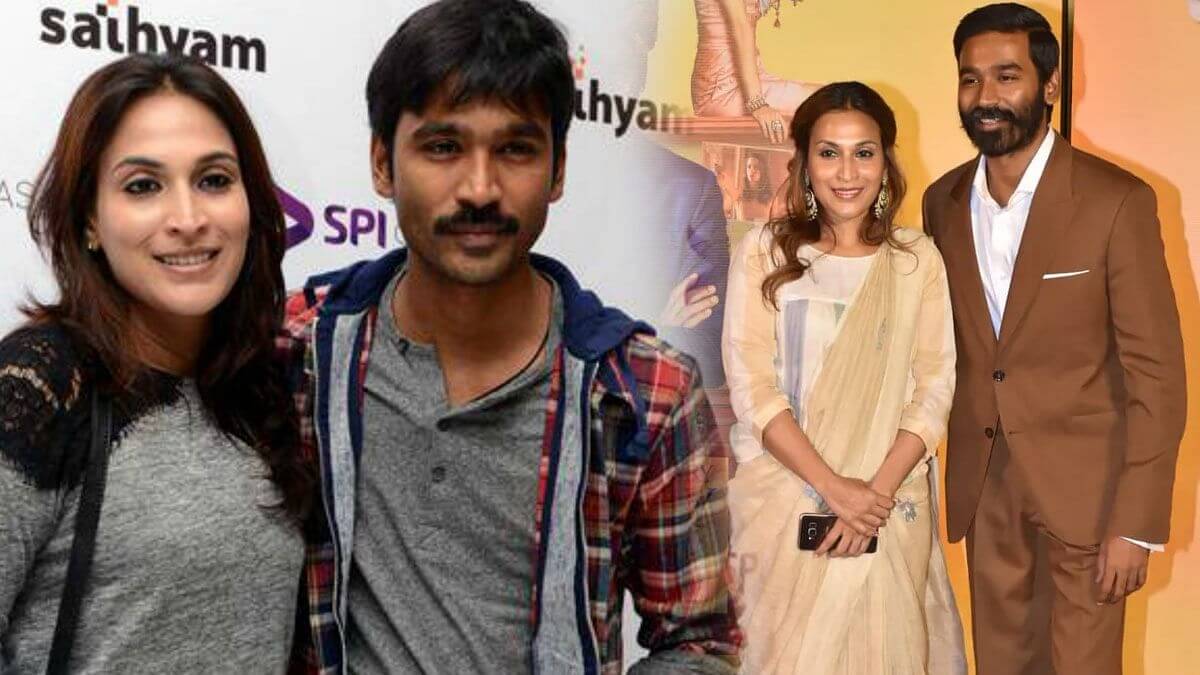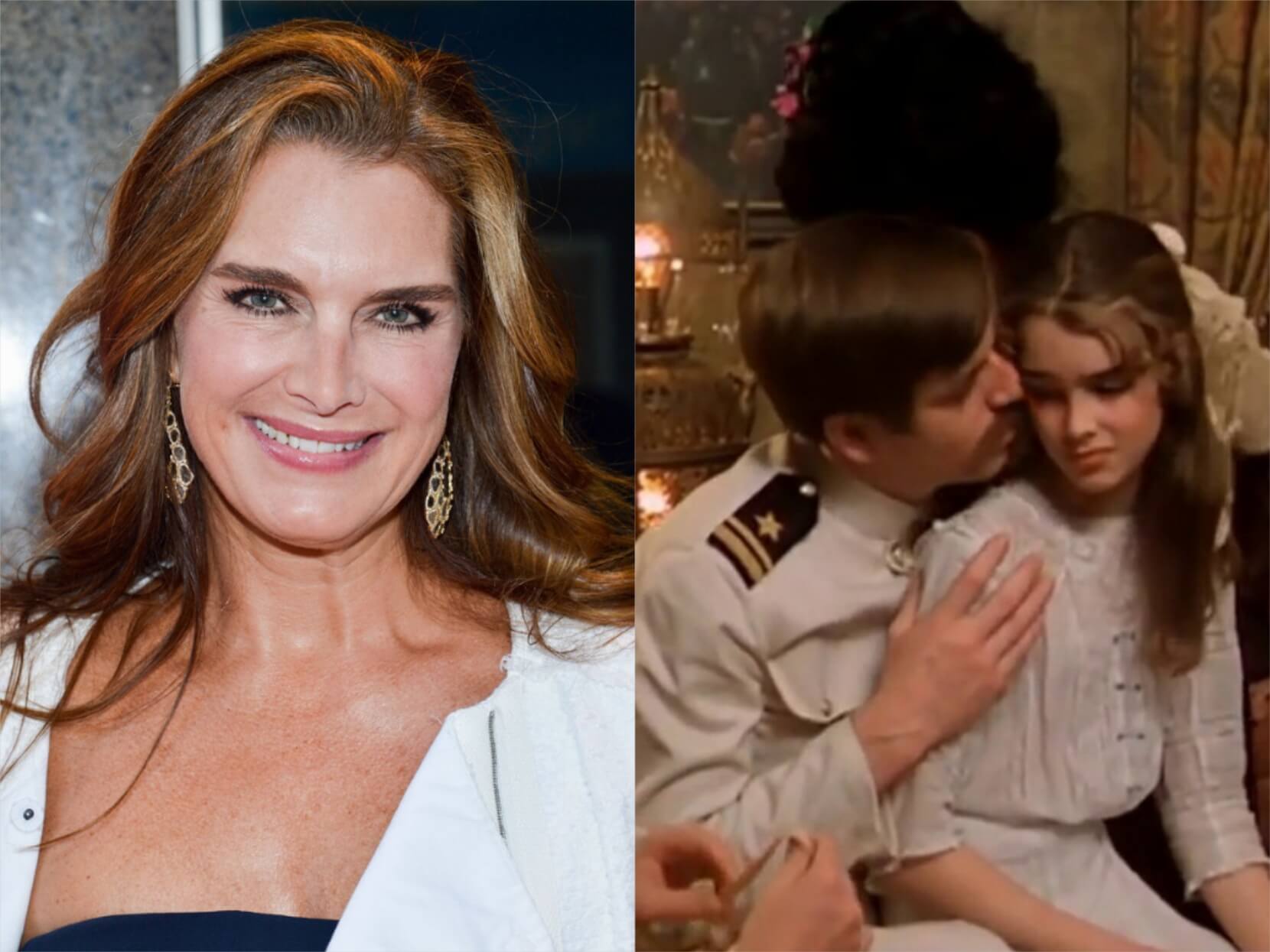Story of Bhangaswana: Throughout canonical mythological texts, recurrent patterns of women wishing the stature of men, and wishing to be reborn as men are commonly observed. And the merits of being a man over woman is a social aspect of patriarchy that dictates all basic conventions.
Click here to read that post in Hindi
However, a story told in the Anushasana Parva of the Mahabharata tells the peculiar tale of Bhangaswana, the king who accidentally became a woman, and chose to stay that way.
Once, Yudhishthira asks Bhishma, “Who derives more sexual pleasure— man or woman?“
Bhishma replied, “I will tell you the story of Bhangaswana and Indra, that can best answer your question…
Once there was a great king named Bhangaswana. He was kind and brave, and a fine ruler. However, his only lamentation in life was that he had no sons to rule his kingdom after he was gone.
At the time, it was believed, that to have a son, one must cleanse themself off all the past sins, and to make sure that Bhangaswana and his wife were free of folly, they did the Agnistuta yagna, a sacrificial fire to please the deva, Agni. In due time, Agni granted Bhangaswana 100 sons.
Meanwhile, Indra, the king of the devas, sitting atop his throne in the heavenly Mount Meru, grew increasingly jealous of the attention that his brother, Agni, was getting from such a devout king. But, since Indra could not say anything to Agni from the fear of looking petty, he decided to punish Bhangaswana, for his disrespect.
Indra tried to look for negative qualities in the soul of Bhangaswana, but found the king to righteous and virtuous, and there bid his time until he could punish the human.
Many years later, one day, Bhangaswana decided to go on a hunting expedition. Indra, finding his opportunity, bewildered the king into separating from his hunting party. Alone and disoriented, the king found himself parched and dizzy, but to his luck, heard the splashing of water nearby.
Upon coming to the lake full of transparent, cool, water, he immediately jumped in to soothe his mind, but to his surprise found that he had turned into a woman as soon as he came outside.
Bhangaswana started furiously pacing, How will I go back now? How will I show my face to my wife and sons? Eventually, though, he went back to his kingdom and explained the whole incident. Later that evening, she decided to entrust her kingdom to her 100 sons and go live in the forest.
Months passed, and Bhangaswana as a woman came across a rishi’s ashram. The rishi took her in, and made every comfort available to her within his means. So, when the rishi asked Bhangaswana to marry him, touched by his kindness and generosity, she agreed.
This time, Bhangaswana gave birth to 100 sons, herself. When the children grew older, the woman-king took her sons to the kingdom and said to the 200 sons, “You are all born from one parent. Therefore, must rule the kingdom together, like brothers that you are.”
Then, she returned to live her life at the ashram. Still, Indra had not had enough. He was still dissatisfied with his punishment. Indra took the form of a brahamin and approached the court of the 200 sons. He told the 100 sons born of male-Bhangaswana, “How can you let the poor sons of a rishi be your equals? You were born to a king, while they are born to an effeminate one.”
He also went to the 100 born of female-Bhangaswana, “You know the story of Kashyapa’s sons— devas and asuras— then you also know that they fought a war for the supremacy of the three worlds that they could have easily divided. How can 200 of you share a kingdom so small?”
Thus, Indra-as-brahmin escalated the situation to an extent, where both sets of sons declared war upon each other. Eventually, nobody won, and all 200 sons of Bhangaswana lay dead.
Bhangaswana, miserable and upset, cried her heart out to her husband, when Indra, still disguised as a brahmin, knocked on the ashram door.
He looked at the crying woman and asked, “O fair maiden, why are you inconsolable?”
The woman-king replied, “I was a king once, then had to abandon my family and subjects after becoming a woman. Today, I lost 200 sons. Who could bear losing one child, let alone 200?”
“You have borne it, because I have willed it, ” said the brahmin, turning back into Indra, “You insulted me when you preferred Agni over me, even though I am the king of the devas.”
Bhangaswana explained how she only desired sons, and had to undergo a fire purification. It was not out of disrespect or disregard. Finally, Indra, after much cajoling, forgave the king.
Indra also offered her a choice as a boon,” I will bring back one set of your sons. You have to choose between the sons you had as a man or the 100 as a woman.”
“The 100 sons that I gave birth to as a woman, my Lord,” pleaded Bhangaswana.
“You begged for sons as a man, but choose to save the ones as a woman? Pray tell me why.”
“A mother’s love for her children, far surpasses that of a father. The love I could not feel as a man, only deeply touched me once I became a woman,” said Bhangaswama simply.
Indra was so pleased, that he decided to resurrect all of the 200 sons. He then presented Bhangaswana with another choice, “Would you want to transform back into a man?”
“No, sir. I wish to remain a woman.”
“What? But your kingdom and family? What about your manhood? Why do you want none of it?”
Bhangaswana patiently explained, “The sexual and emotional pleasure felt by a woman during sexual intercourse is felt more intensely as a woman. Please take my gratitude for offering to return me back to my former self, but I am happy as a woman.“
“So be it,” said Indra, and left Bhangaswana to live her life…”
Thus ended Bhishma’s story, as he explained to Yudhishthira.


